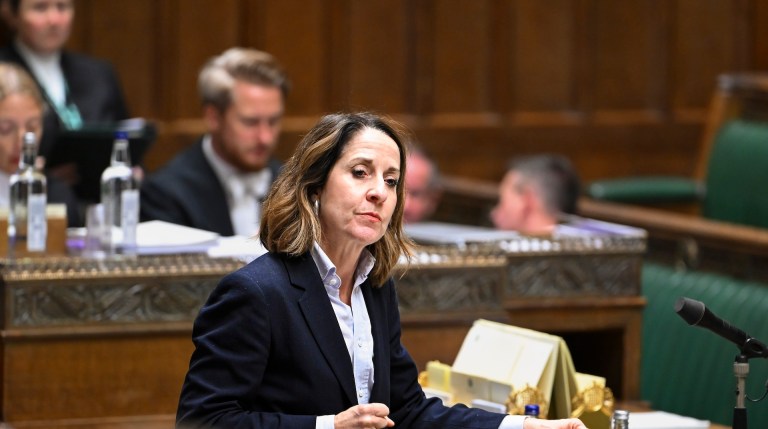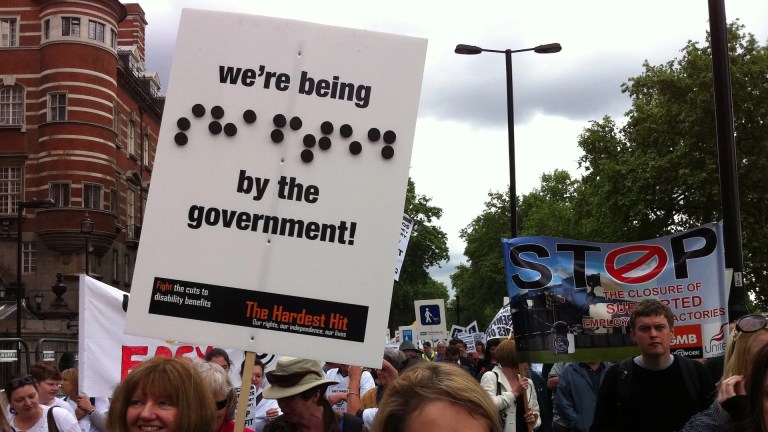The no recourse to public funds (NRPF) rule stops non-EEA nationals who have been in the UK for fewer than five years from accessing the welfare safety net including local housing allowance and income support.
People subject to NRPF can submit a change of circumstances application showing they are at risk of destitution. If successful, the Home Office lifts the policy so they can access welfare support.
But in doing so, those on the five-year route to settlement – which usually applies to those on spousal visas – must consent to being moved onto the ten-year route in exchange for the NRPF condition being lifted.
This doubles the Home Office fees they must pay and means waiting an extra five years before becoming a UK citizen.
Leave to remain applications must be made every 30 months. An additional five years on the process means another two applications which cost at least £2,593 each.
The number of applications about a change of circumstances increased drastically during the first Covid-19 lockdown.
Advertising helps fund Big Issue’s mission to end poverty
In the second quarter of 2019, 914 were submitted. This compares to 5,665 submitted in the second quarter of 2020, Home Office data showed.
This policy punishes parents for needing financial support during an unprecedented national crisis
The Unity Project helped mother of two Rachel who struggled for childcare during lockdown and was forced to stop working. This pushed her into rent arrears and her family was threatened with eviction.
She submitted a change of conditions application to remove the no recourse to public funds policy in her case. The Home Office granted this, but it meant switching her from the five-year settlement route to the ten-year route. This has made Rachel’s future “in the country she and her British-born children call home” less secure, the Project said.
“This policy punishes parents for needing financial support during an unprecedented national crisis, by doubling their Home Office fees,” project coordinator Caz Hattam said.
“These are the families who were already hardest hit by the pandemic. Almost none of the parents we work with can benefit from coronavirus support schemes, let alone other state support, and NRPF disproportionately affects people who are black, or from a minority ethnic background.
Advertising helps fund Big Issue’s mission to end poverty
“Since lockdown, the number of people applying for access to welfare support has increased six-fold. Families that were previously getting by can no longer keep themselves afloat. We and others have repeatedly called on the government – both before and during the pandemic – to end this cruel policy. They haven’t listened, which is why we are bringing this legal challenge.”
The charity has raised nearly £12,500 in just two days. In May last year it supported a High Court challenge brought against the Home Office over NRPF. The policy was ruled unlawful, and Government guidance was changed to allow people to apply for public funds before they fall into poverty, rather than waiting until they are already experiencing it.
The Government said it had introduced a series of support measures during the pandemic which benefited migrants. This included the job retention scheme, self-employment income support scheme, rent and mortgage holidays.










